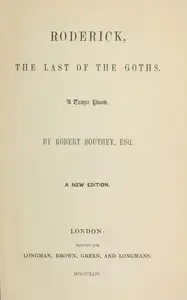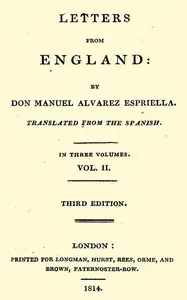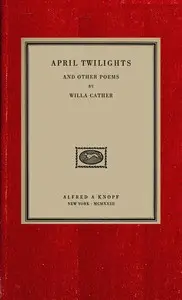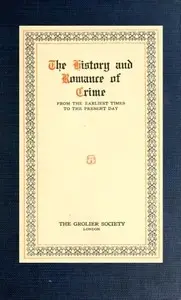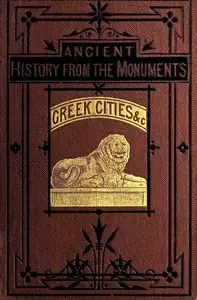"History of the Peninsular War, Volume 4 (of 6)" by Robert Southey is a historical account written in the early 19th century. This volume continues to detail the events and military engagements during the Peninsular War, focusing on the interactions between British and Spanish forces and their opposition to the French military. The narrative is set against the backdrop of the early 1800s, a tumultuous time in European history dominated by the conflicts of the Napoleonic Wars. At the start of this volume, Southey introduces the critical situation involving British General Sir Arthur Wellesley and Spanish General Cuesta as they prepare to engage French Marshal Victor's forces. The opening chapter details Wellesley’s strategic decisions and the consequent errors made by Cuesta that complicate the plans for a united attack against the French. As the two armies coordinate their efforts, the tension between Cuesta's indecision and the urgency of the conflict sets the stage for the ensuing battles, including the pivotal Battle of Talavera, as well as challenges in logistics and morale that hinder the combined forces’ effectiveness. Throughout this opening section, the narrative emphasizes both the camaraderie and the rivalries among military leaders against the pressing backdrop of war. (This is an automatically generated summary.)

History of the Peninsular War, Volume 4 (of 6)
By Robert Southey
"History of the Peninsular War, Volume 4 (of 6)" by Robert Southey is a historical account written in the early 19th century. This volume continues to...
Genres
Released
2019-09-30
Formats
epub3 (images)
mobi
epub
epub (images)
mobi (images)
Free Download
Overview
About the Author
Robert Southey was an English poet of the Romantic school, and Poet Laureate from 1813 until his death. Like the other Lake Poets, William Wordsworth and Samuel Taylor Coleridge, Southey began as a radical but became steadily more conservative as he gained respect for Britain and its institutions. Other romantics such as Byron accused him of siding with the establishment for money and status. He is remembered especially for the poem "After Blenheim" and the original version of "Goldilocks and the Three Bears".
Total Reviews
10.0k
Total reviews from Goodreads may change



